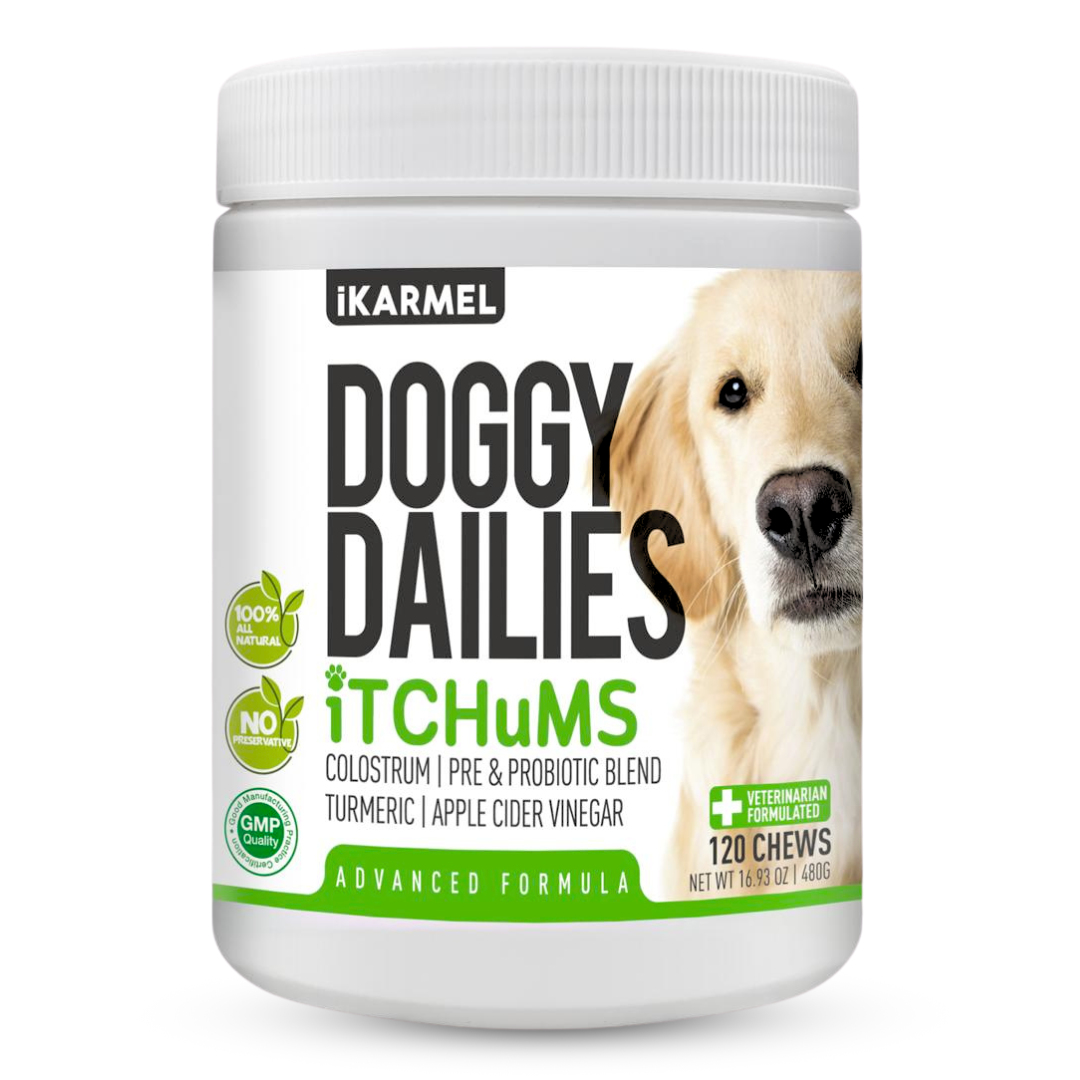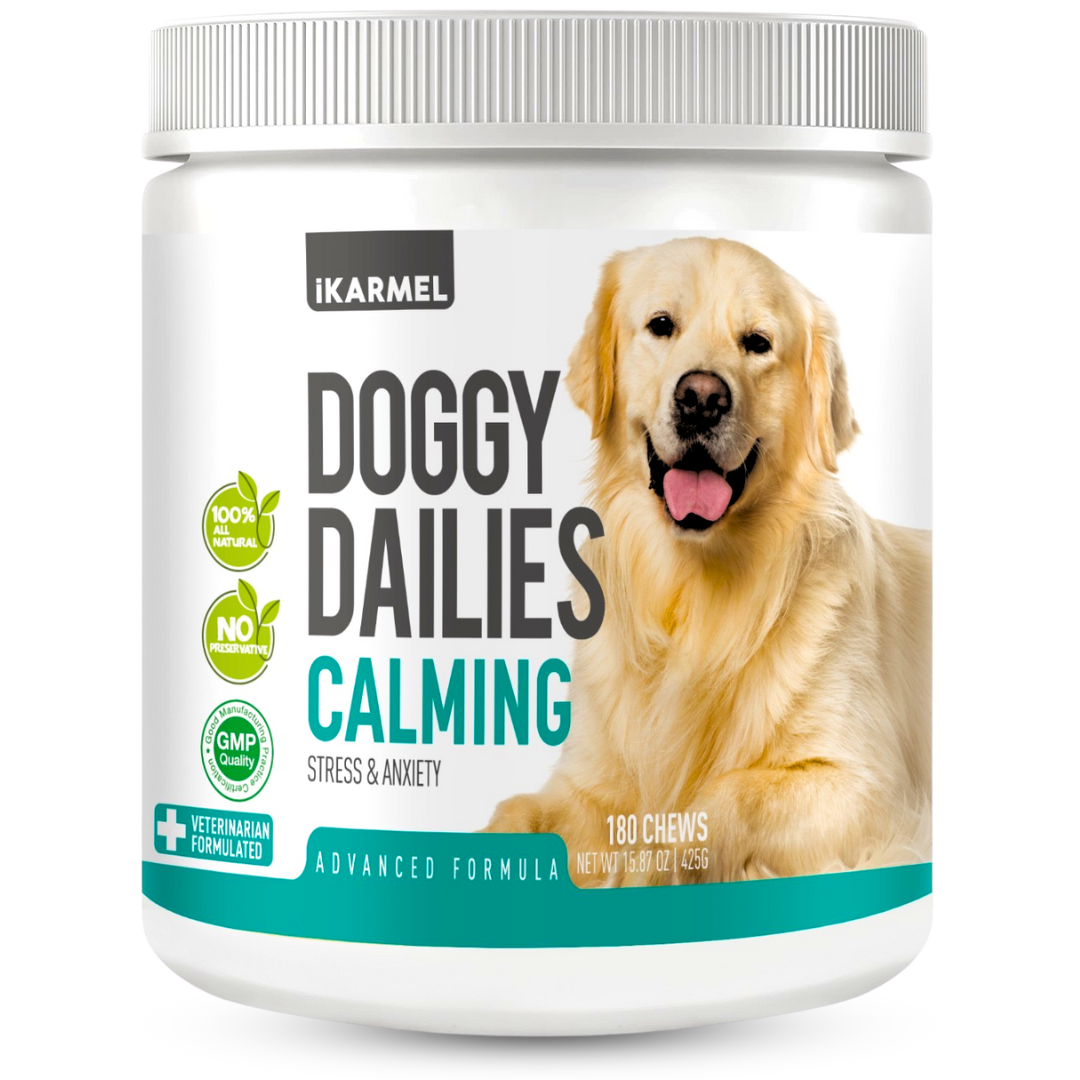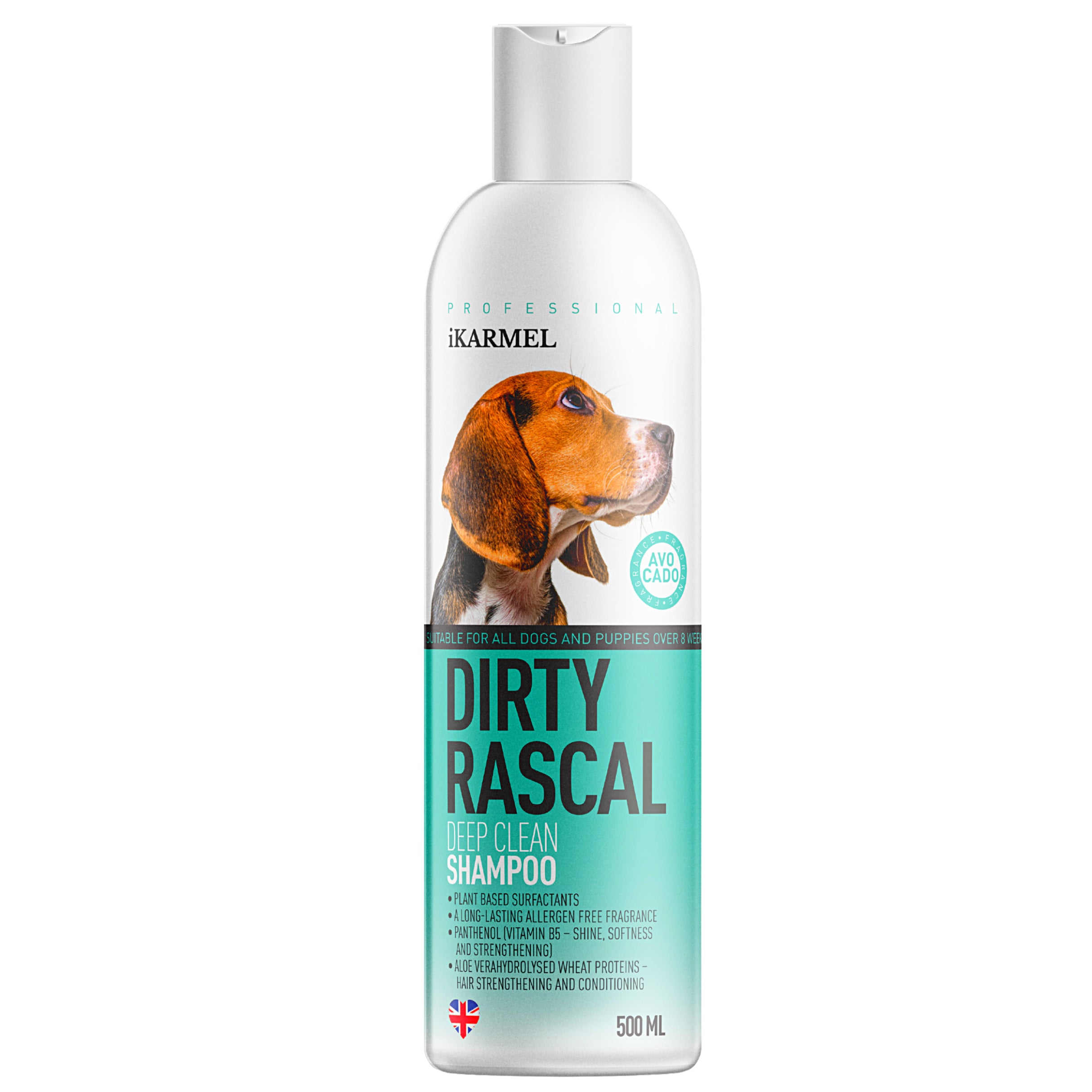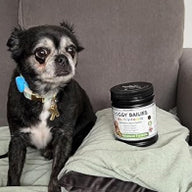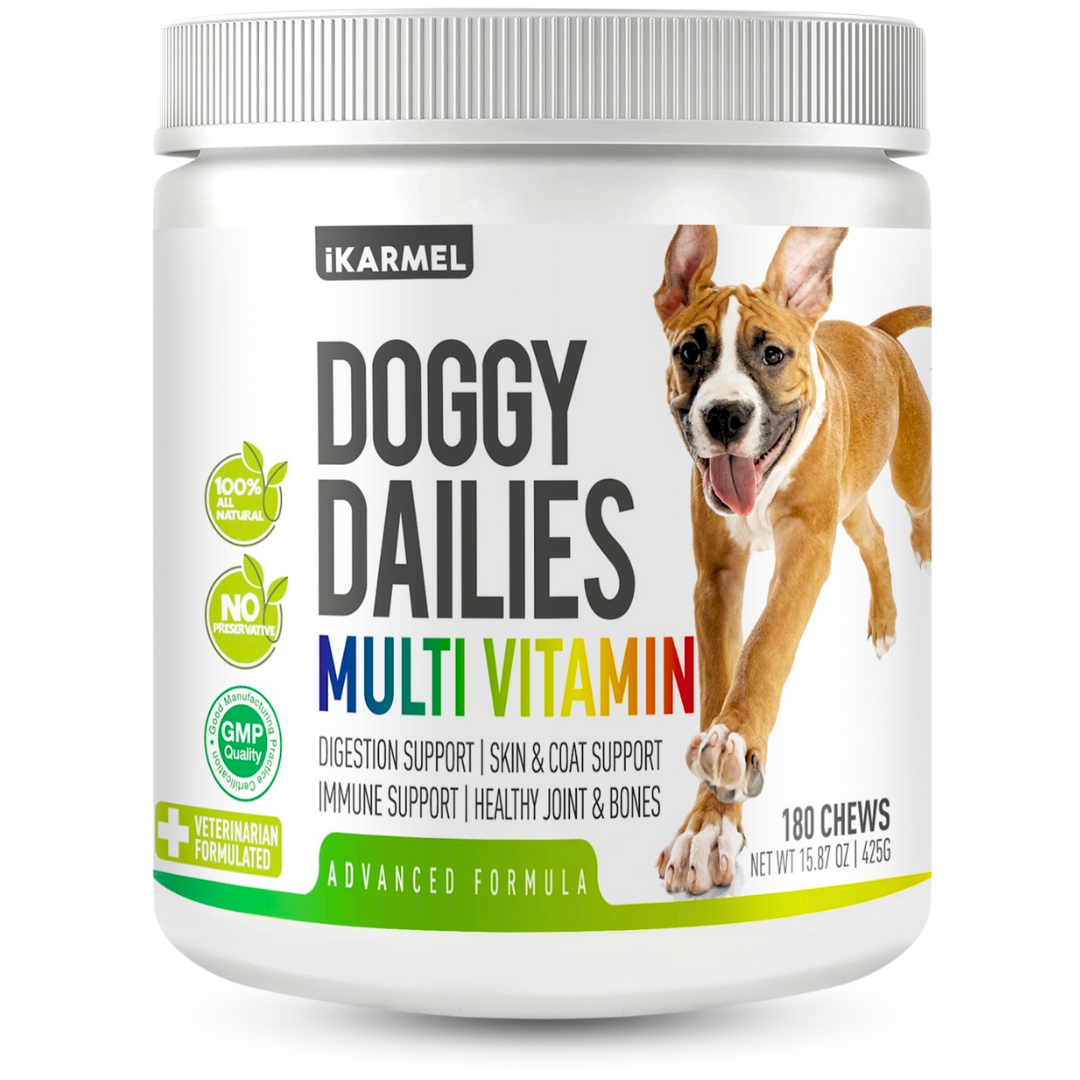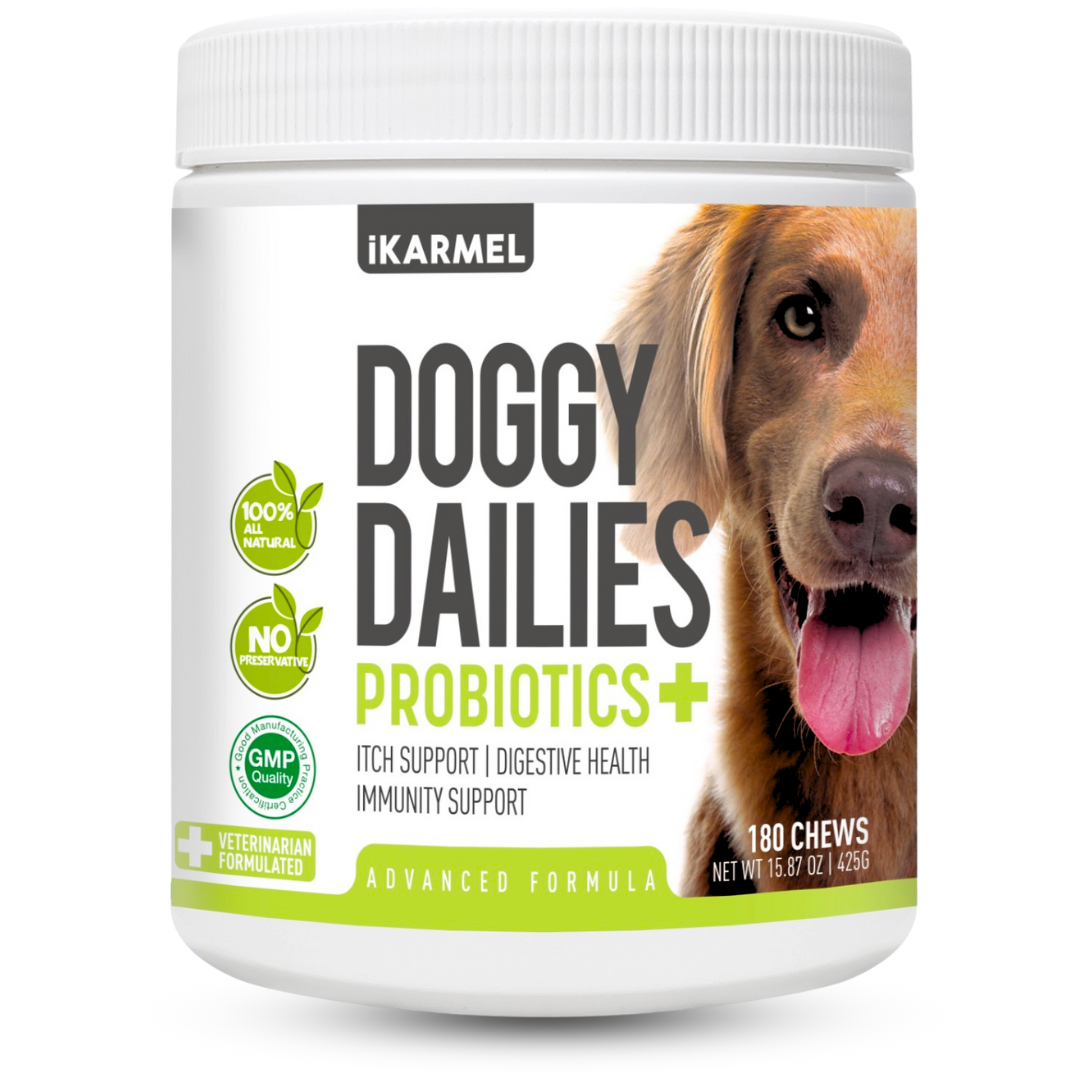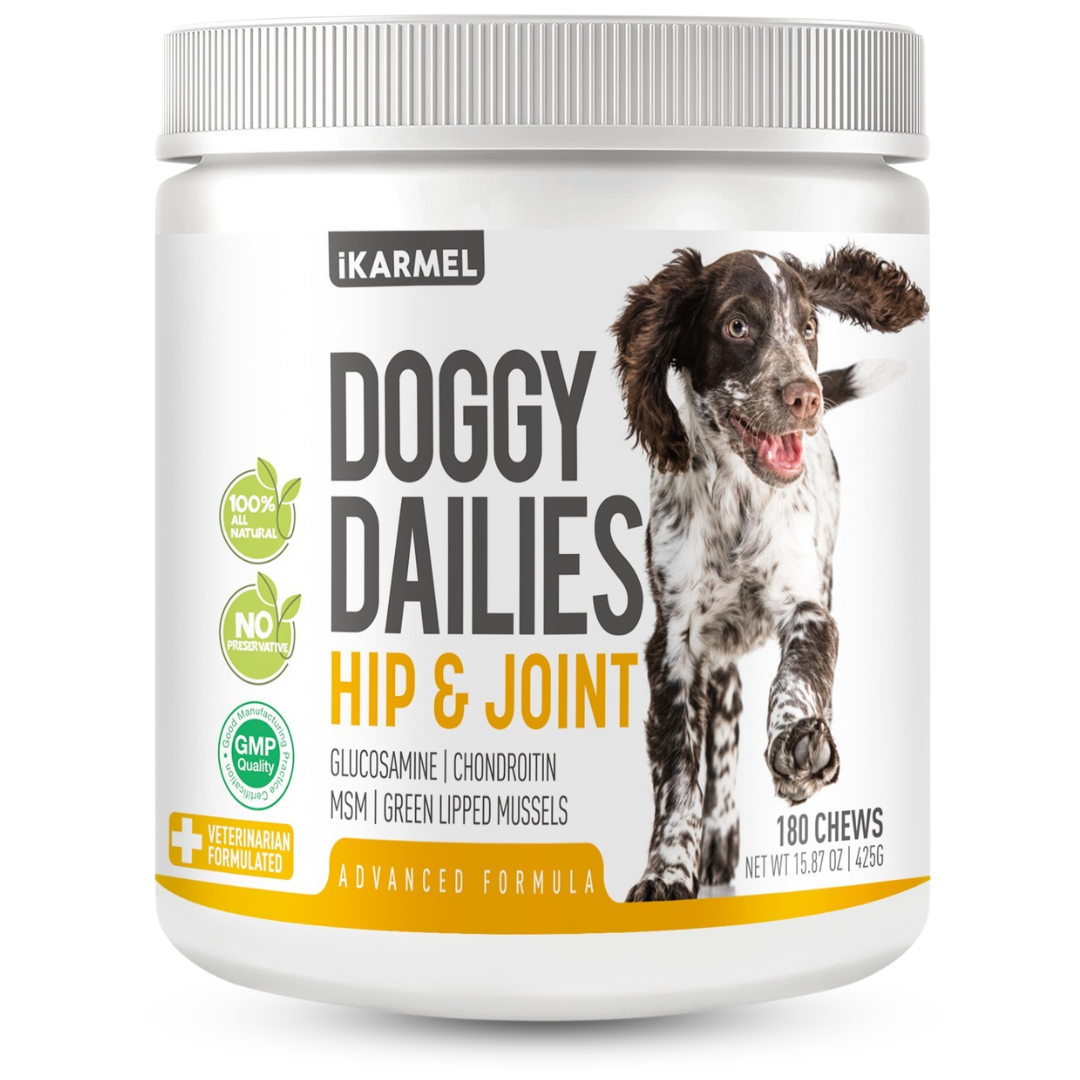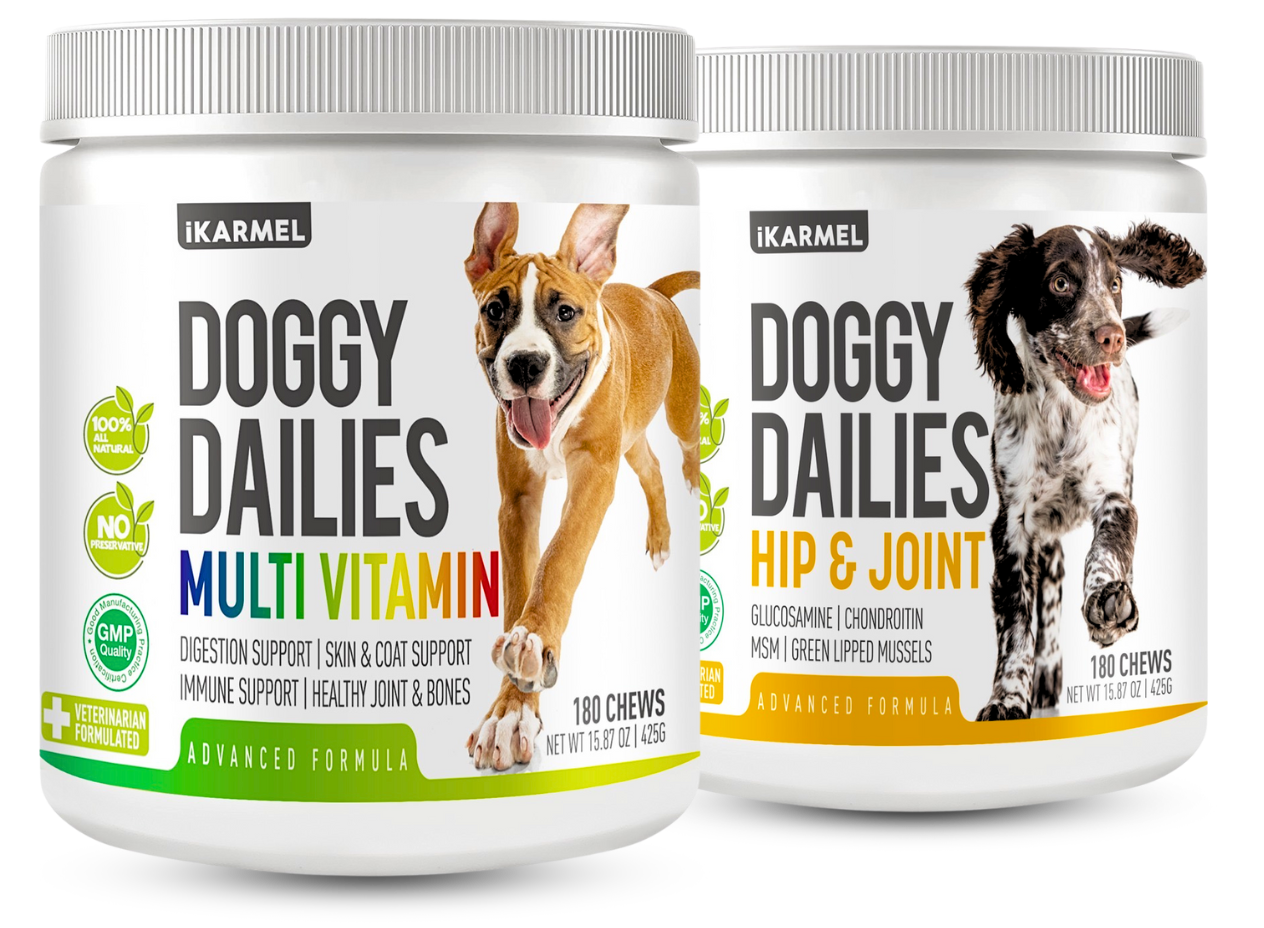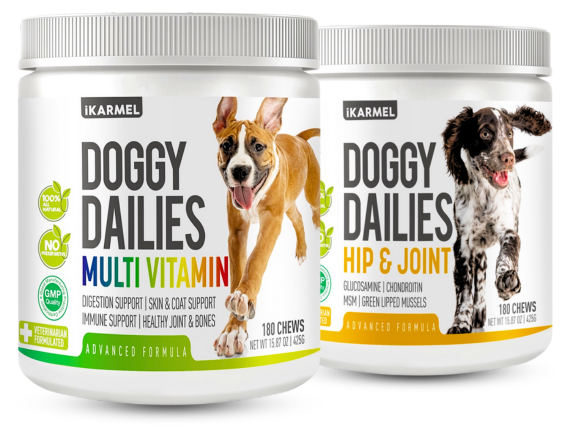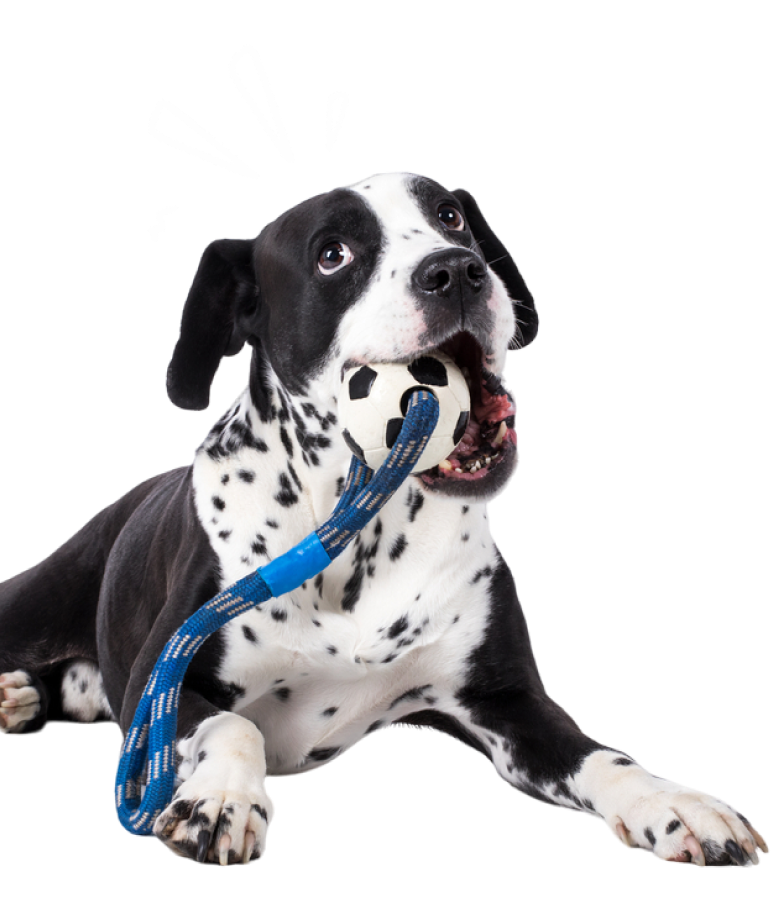
The Grass-Eating Habit of Dogs
If you're a dog owner or lover, you might have noticed your furry friend munching on grass from time to time. While it's a common behaviour among dogs, you might wonder about the reasons behind it. Is it because they have some health issues or simply because they find it tasty? In this post, we'll dive into the subject and provide you with insights into why dogs eat grass.
Instincts and Evolution
For one, dogs have evolved from their wolf ancestors, who would also eat grass to aid digestion. In the wild, wolves would hunt and eat prey with fur and feathers, which would line their stomachs and increase the risk of blockages. Eating grass and other plants would help produce more mucus and fluids in their stomach, allowing them to pass food and waste through their digestive tract more quickly.
Discomfort or Stress
Dogs may also turn to grass-eating as a way to soothe digestive discomfort or anxiety. If your dog is experiencing an upset stomach or feeling stressed, it might seek out grass as a way to alleviate its symptoms. However, if your dog is vomiting frequently after eating grass, it's important to consult with your veterinarian as excessive grass eating can sometimes result in gastrointestinal issues.
Taste and Texture
Finally, dogs might eat grass simply because they enjoy the taste or texture. Some dogs may prefer the taste of certain types of grass or simply enjoy the sensation of chewing on something tasty and refreshing. In such cases, eating grass is generally harmless and shouldn't be cause for concern unless it's excessive and causes digestive issues.
In conclusion, while grass-eating is a common behaviour among dogs, there may be various reasons behind it depending on their circumstances. While it's generally not a serious issue, it's still important to monitor your dog's intake and consult with a veterinarian if you notice any concerning symptoms. By understanding your dog's behaviour and taking care of its nutritional and emotional needs, you can help them live a happy and healthy life.

